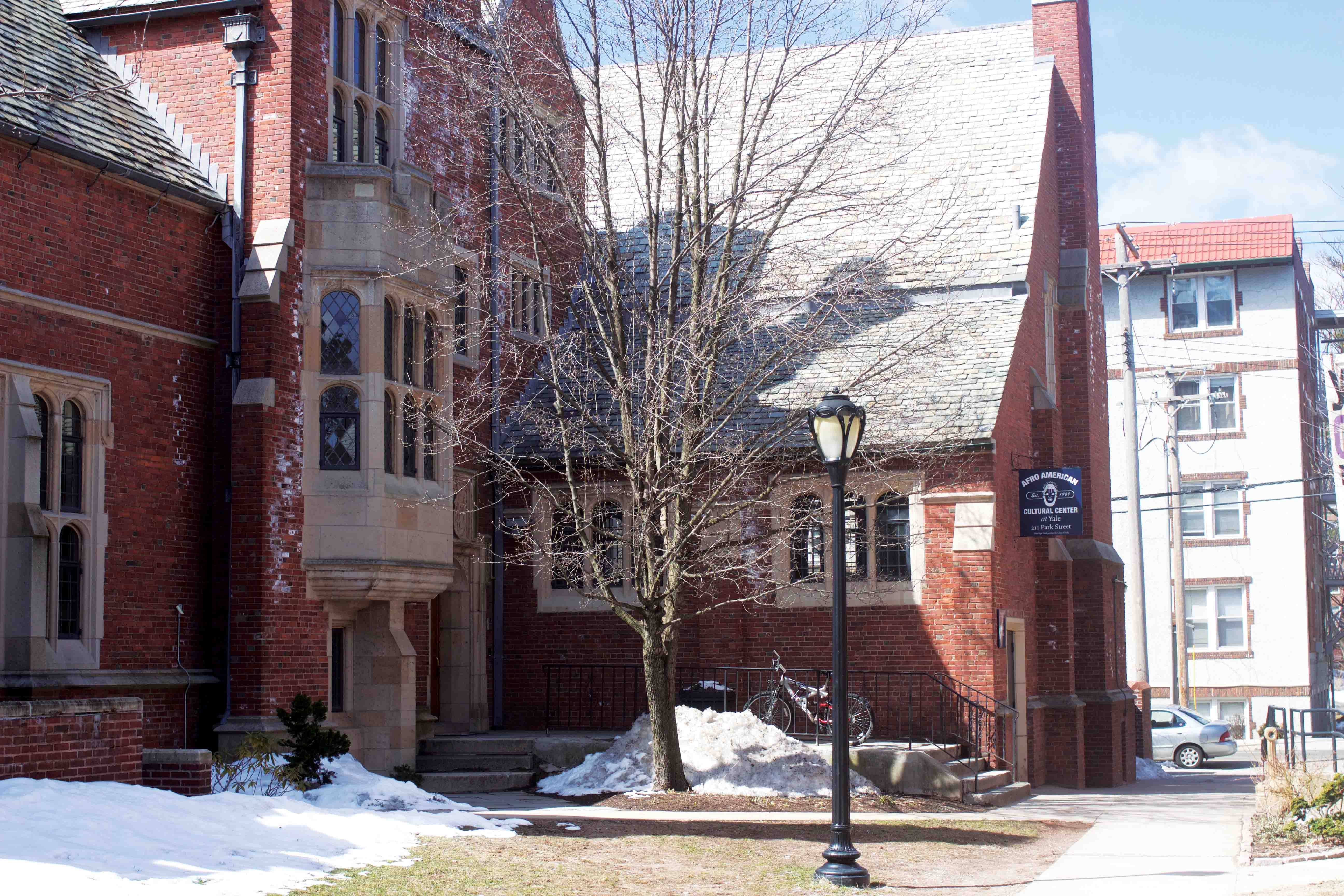
As February ushers in Black History Month, the Afro-American Cultural Center will partner with its affiliated groups to celebrate the achievements of black individuals and culture in the United States.
At Yale, Black History Month kicked off on Feb. 1 with the Parks-King Lecture featuring speaker and social justice activist Bryan Stevenson. Other events this month include a luncheon with Yale College Dean Jonathan Holloway called “Lunch with Dr. J” and a conversation with the star of HBO’s “Insecure,” Jay Ellis. The Af-Am House will also host its second annual Celebration of Black Lives event, which will give students who traveled to Oakland last fall to a commemoration of the Black Panther Party’s 50th anniversary, where they studied the history of the movement, an opportunity to give a presentation on what they learned.
Additionally, it will coordinate an inaugural trip to the National Museum of African American History and Culture in Washington. The Black Solidarity Conference, which will be held from Feb. 16 to 19, will f movement founder Opal Tometi as the keynote speaker.
“Most critically conscious Black people in America would say Black history in America has always been a perpetual struggle,” wrote Assistant Director of the Afro-American Cultural Center Shane Lloyd in an email. “Although the conditions might change, the struggle is always a persistent aspect of Black life, along with resilience and creative resistance.”
Lloyd said it is important to celebrate a diverse range of representations of the black experience. To give the Yale community a “full and multifaceted picture of blackness,” Lloyd emphasized the significance of maintaining programs that reflect the African diaspora from all socio-economic backgrounds in the United States and abroad.
Students interviewed said they appreciate the University’s efforts to raise awareness of black history and legacy.
“As an international student from Kenya, blackness had never been something I was conscious of,” said Makena Ithau ’20. “Yale’s endorsement of Black History Month has helped me understand the history of those who are similar to me, yet have had a very different experience growing up.”
There are also events and exhibitions set to last beyond February, such as the Second Annual Black Women’s Retreat in early March; Beinecke Library’s exhibition on the Harlem Renaissance, on display through April 17; and the Yale University Art Gallery’s exposition on Lee Friedlander and the “Prayer Pilgrimage for Freedom” through July. The Af-Am House continues to run the Yale History Keepers Program, a paid internship for students to research and preserve the history of black culture at Yale.
President of the Black Student Alliance at Yale Erika Hairston ’18 said her organization will host a free screening of the 2016 film “Hidden Figures” to engage African-American teachers and girls from the New Haven public school system. BSAY will also co-organize a conference entitled “How Class Matters in Black Lives” to examine the issue of class division within the black community, which Hairston described as a difficult issue that has not been explored in depth.
Lloyd said that the Af-Am House advertises Black History Month within Yale and in the broader New Haven area by reaching out to local churches and organizations. However, despite the advertising effort, 12 out of 16 Yalies interviewed said they were not aware of Yale’s celebration of Black History Month, with many saying that they know of the national celebration but not the Yale-specific programming in tandem with the nationwide commemoration.
“We celebrate blackness every day of the year, that’s why we have an intercultural programming to think about blackness in combination with the Native community or the Asian community,” Lloyd said. “I think Black History Month is important especially because it’s an opportunity for the campus community to join in a conversation that has been happening at the centers in a more broad and focused way.”
Clarifications, Feb. 13, 14: This article has been updated with a more detailed description of the events and celebrations taking place at the Af-Am House this month. It was then updated further to clarify inaccurate sourcing provided to the News by a University official who misrepresented the purpose of the Celebration of Black Lives event.







